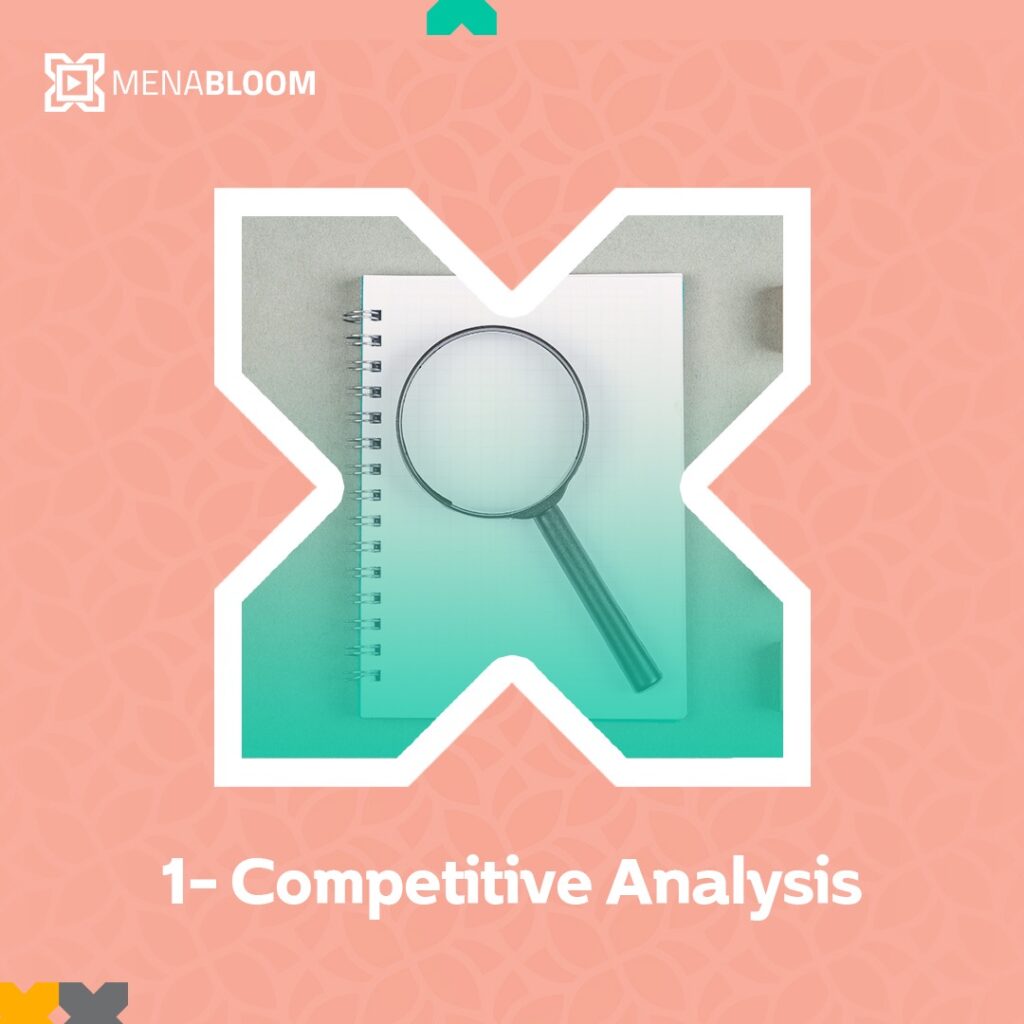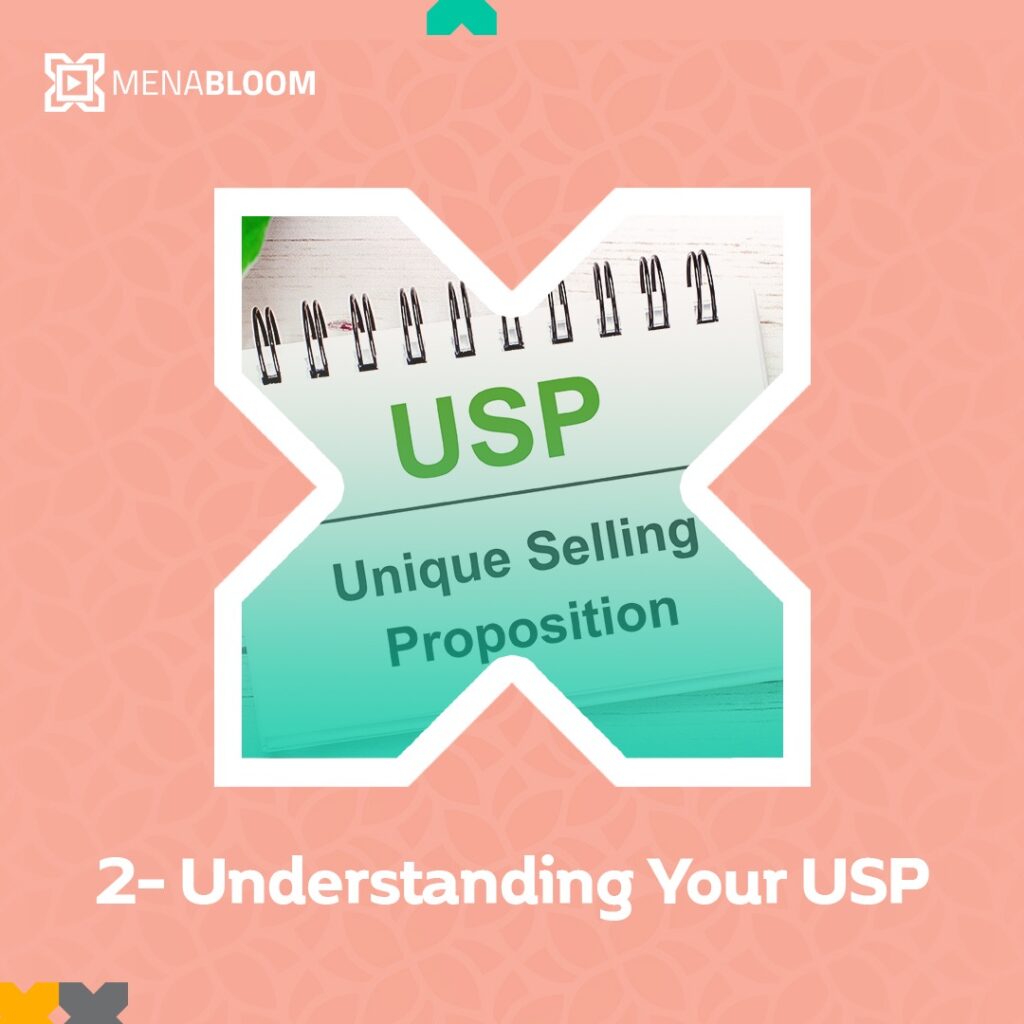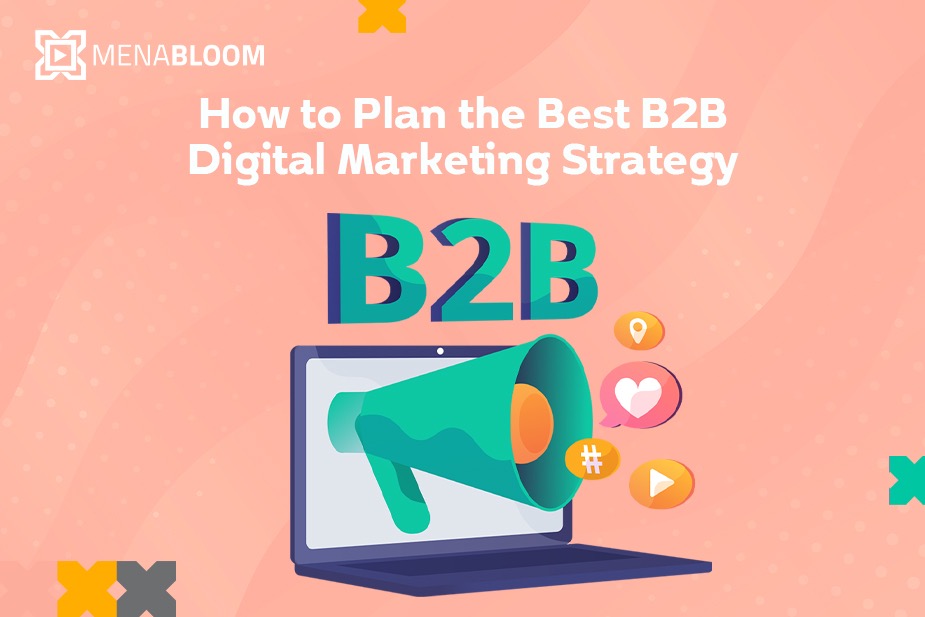B2B digital marketing tools keep evolving, but this doesn’t always lead to good results, as choosing the most effective digital marketing tools for your business depends on your business model, industry, objectives, and customers, not on how the trends go and what goes viral. Conducting the most effective type of marketing comes through a process of many steps. What are they?
1- Competitive Analysis

Each B2B marketing process should begin with a marketing analysis, which must include a deep look at your business as well as at the key players in your industry. Before you choose the marketing tools and strategies you will use, you have to understand your market and competitors well enough to present to your field a magnificent marketing practice that is distinguishable, avoids the competitors’ mistakes, and at the same time develops powerful pillars that create your own unique signature.
There are many online tools that can help you accomplish this mission, for example:
The previous tools can assist you in understanding who your competitors are, what keywords they have an advantage for, and what keywords your business ranks well with, so that you can set up your targets and where you want to be positioned with your services or products in the market.
2- Understanding Your USP

Before you choose the marketing type for your business, you have to identify a specific framework that describes your product, service, or solution: its weaknesses, unique selling proposition (USP), opportunities, challenges, pains, threats, price category, and industry field, so you can build your upcoming marketing steps based on a primary and clear framework that helps you identify your main objectives and growth goals, which empower you in choosing the needed digital marketing tactic.
3- Identifying Objectives

Your marketing objectives are the internal factors that serve as the foundation for your marketing strategy. Every B2B marketing strategy boils down to goals and the digital tactics you’ll use to accomplish them. To choose the most effective digital marketing tools for your growth process, you have to set specific, measurable, achievable, realistic, and time-specific objectives that state your expectations in a clear and precise manner, which depends on your resources, employees, logistics, and schedule, so you can pick the most suitable type of marketing that will achieve the best performance for your business.
4- Research Your Target Audience

Research your ideal customer to create their buyer persona, which is a description of who you want to attract. This should include age, sex, location, family size, nationality, practices, language, free time, and job title. Developing digital B2B marketing strategies should appeal to those personas who might be interested in your product, service, or solution and generally optimize their marketing efforts. In addition, when choosing the perfect marketing type, the business should consider the audience’s preferred decision channels and the appropriate tone of voice.
Currently, you can know your target audience well through social media insights, your website’s analytics, your CRM platform, and online surveys. There are many tools that can help you find your target audience, such as Talkwalker, Audiense, Statista, Google Trends, and Google Analytics.
5- Budgeting

Before you decide what specific B2B marketing strategies you want to implement to achieve your goals, you need to review your financial status and come up with a marketing budget. Digital marketing budgets vary by many factors, for example: the market, the age of the practice, the required conversions, the capital, the net profits, and the target audience. There’s no standard for how much a practice should spend, but it is also important to set a well-thought-out budget for the primary marketing efforts. For example, advertising, promotional activities, and market research.
6- Developing A Strategy

Based on the five steps mentioned above, you should develop a B2B marketing strategy to be your reference when it comes to the digital marketing pillars you will rely on, and establishing your key performance indicators (KPIs) accurately in this strategy is a must to allow you to measure the success of your marketing plan in relation to your company’s value proposition. In line with that, you have to realize that you can change the digital marketing tool you use and adjust at any point based on the results from the metrics. Examples of evaluation methods include tracking website traffic, conducting surveys, and measuring ROI.
7- Comparing The Digital Marketing Genres

There are multiple digital marketing tools, such as social media marketing, influencer marketing, SEO, email marketing, content marketing, inbound marketing, search ads, conversion ads, pay-per-click (PPC), and social media content boosting. So you have to know the pros and cons of each tool well so that you can define which one is perfect for your business.
Most marketers combine each of those digital marketing tactics because each one has several benefits and challenges at the same time, so you have to study the potential methods you can use well to determine how efficient they will be if you use them for your business.
There are multiple digital marketing types and tactics that you can use together at the same time or choose from to achieve your business objectives and growth goals, so be careful when choosing to meet your expectations, as the value of marketing is all about effectiveness, not using the most common and trendy tools.
Also remember that you can always get advice from marketing experts like MENABloom, who can recommend the most effective digital marketing tools for your business based on an integrated analysis and deep research.
To learn more about our services, contact us!

